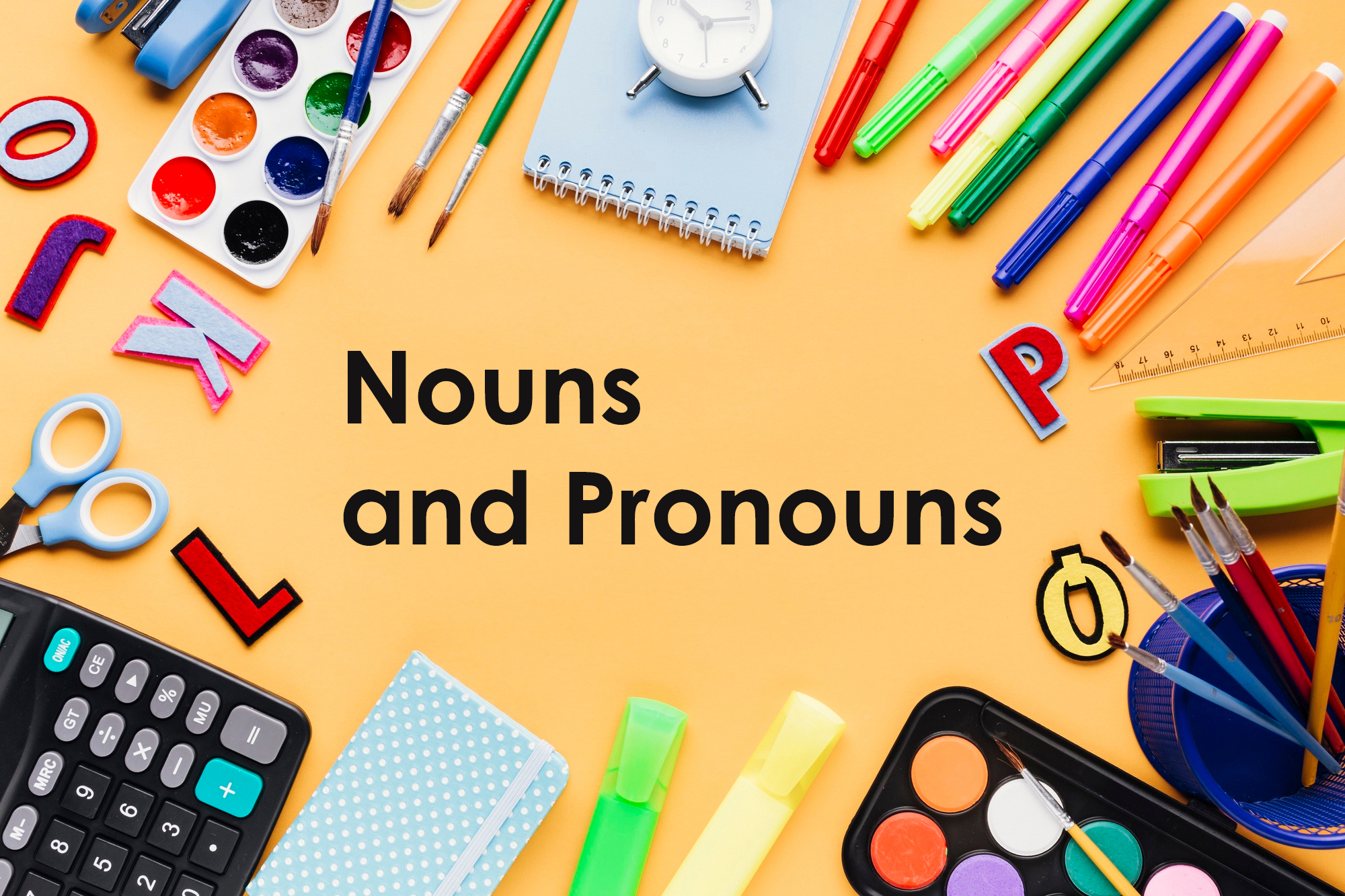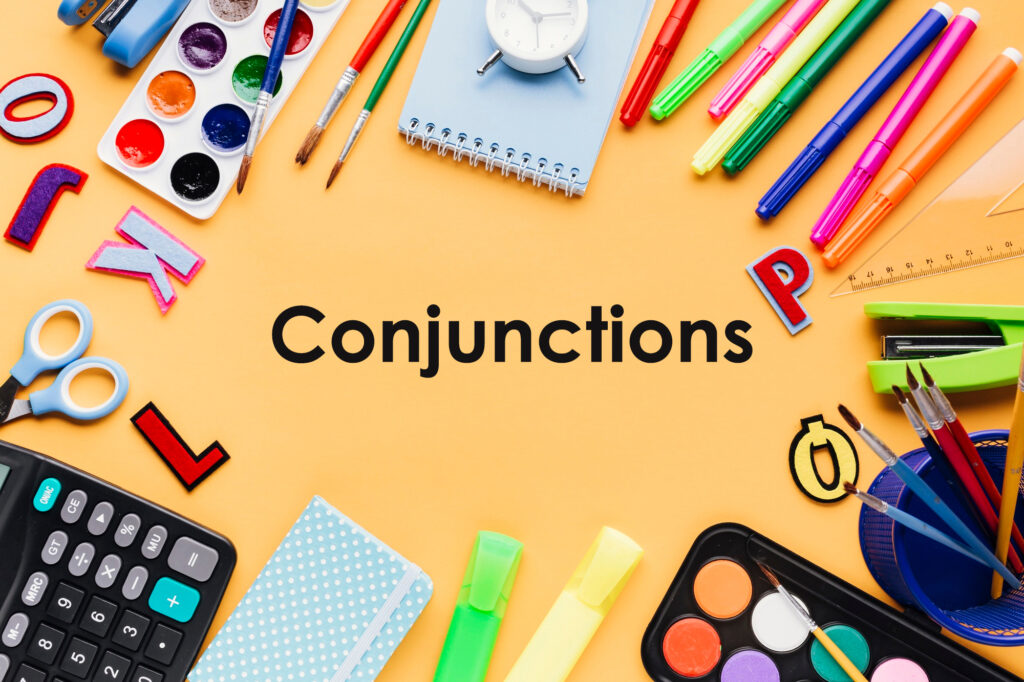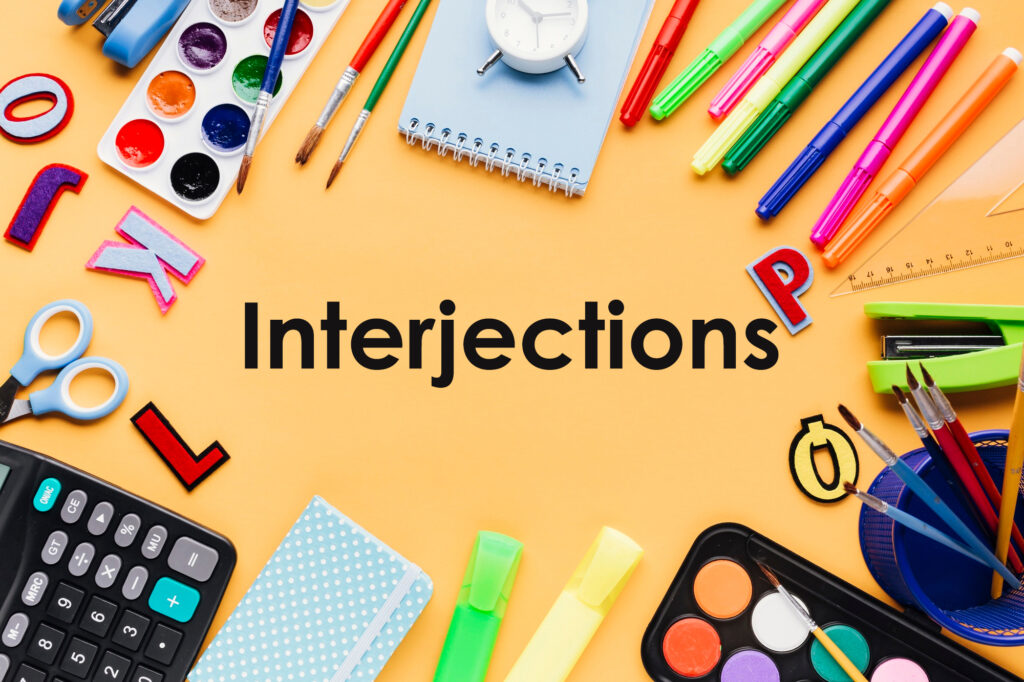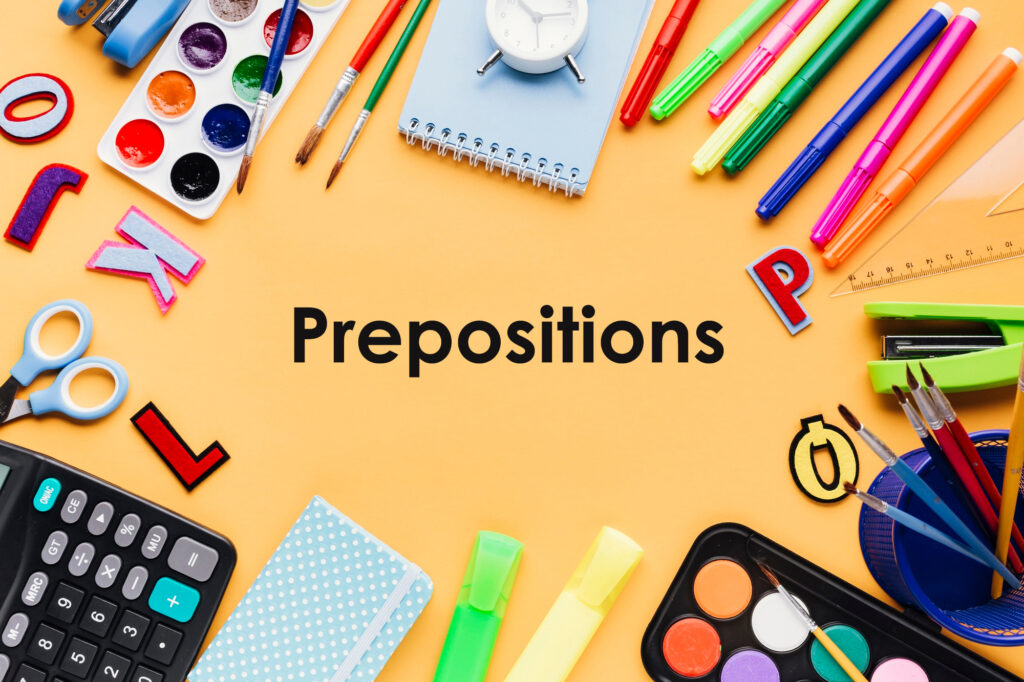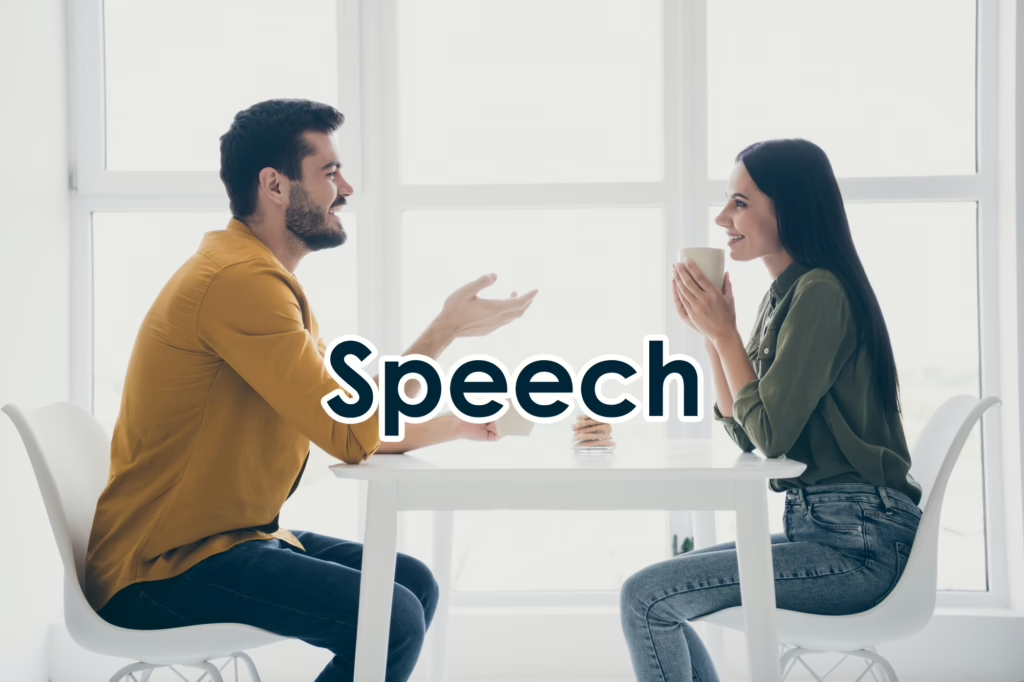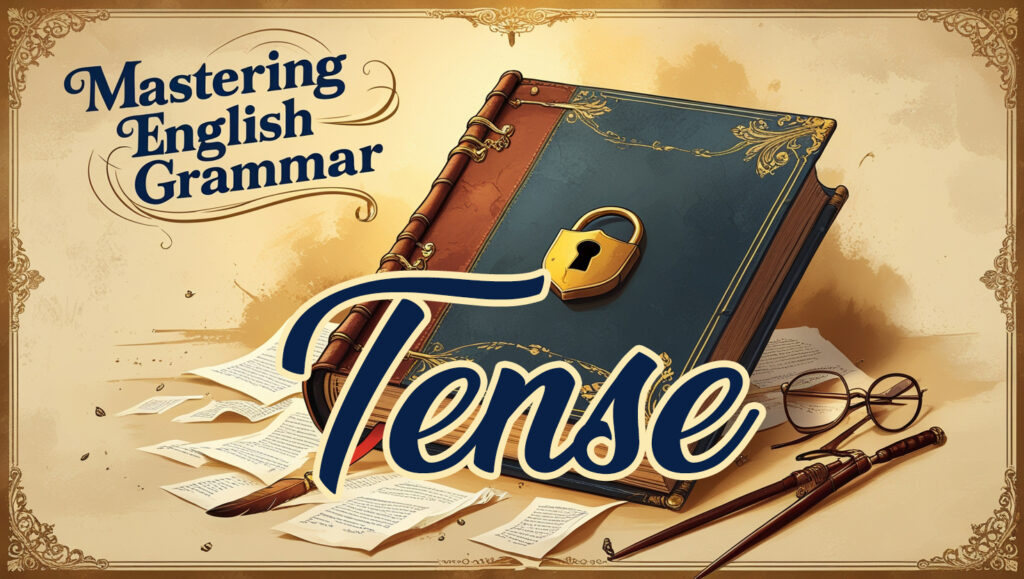2.1 Nouns: Definition and Types
A noun is a word that names a person, place, thing, or idea.
For example:
- Person: teacher, John, doctor
- Place: park, school, London
- Thing: book, chair, apple
- Idea: freedom, love, happiness
2.1.2 Types of Nouns
1. Common and Proper Nouns
- Common Noun: A general name for a person, place, or thing (not capitalized).
- Example: city, boy, river
- Proper Noun: A specific name (always capitalized).
- Example: London, John, Amazon River
2. Concrete and Abstract Nouns
- Concrete Noun: Can be seen, touched, or felt physically.
- Example: table, dog, water
- Abstract Noun: Represents ideas, feelings, or qualities.
- Example: honesty, love, bravery
3. Countable and Uncountable Nouns
- Countable Noun: Can be counted.
- Example: books, cars, apples
- Uncountable Noun: Cannot be counted.
- Example: water, sugar, air
4. Collective Nouns
- Refers to a group of things or people.
- Example:
- A team of players
- A flock of birds
- A pack of wolves
- Example:
2.1.2 Singular and Plural Nouns
| Singular | Plural |
|---|---|
| cat | cats |
| baby | babies |
| leaf | leaves |
| man | men |
| mouse | mice |
Some irregular plural forms:
- Child → Children
- Tooth → Teeth
- Foot → Feet
- Goose → Geese
2.1.3 Possessive Nouns
A possessive noun shows ownership or possession.
| Singular Possessive | Plural Possessive |
|---|---|
| The boy’s book | The boys’ books |
| The cat’s tail | The cats’ tails |
- If the noun is singular, add ’s (e.g., John’s car).
- If the noun is plural and ends in “s”, add only ’ (e.g., dogs’ kennel).
2.2 Pronouns: Definition and Types
A pronoun is a word used in place of a noun to avoid repetition.
For example:
- Without pronouns: John loves John’s dog.
- With pronouns: John loves his dog.
2.2.1 Types of Pronouns
1. Personal Pronouns
| Subject Pronouns | Object Pronouns |
|---|---|
| I | me |
| You | you |
| He | him |
| She | her |
| It | it |
| We | us |
| They | them |
Examples:
- I love ice cream. (subject)
- He called me yesterday. (object)
2. Possessive Pronouns
Shows ownership.
| Singular | Plural |
|---|---|
| mine | ours |
| yours | yours |
| his | theirs |
Examples:
- This book is mine.
- The blue car is theirs.
3. Reflexive Pronouns
Used when the subject and object are the same.
- myself, yourself, himself, herself, itself, ourselves, yourselves, themselves
Examples:
- I hurt myself.
- She taught herself to play the piano.
4. Demonstrative Pronouns
Point to specific things.
- this, that, these, those
Examples:
- This is my phone.
- Those are my books.
5. Relative Pronouns
Used to connect clauses.
- who, whom, whose, which, that
Examples:
- The girl who won the race is my friend.
- I saw a dog that was barking loudly.
6. Interrogative Pronouns
Used to ask questions.
- who, whom, whose, what, which
Examples:
- Who is calling?
- Which dress do you like?
7. Indefinite Pronouns
Refer to non-specific things or people.
- someone, anyone, nobody, everything, many, few
Examples:
- Someone is knocking at the door.
- Few people came to the meeting.
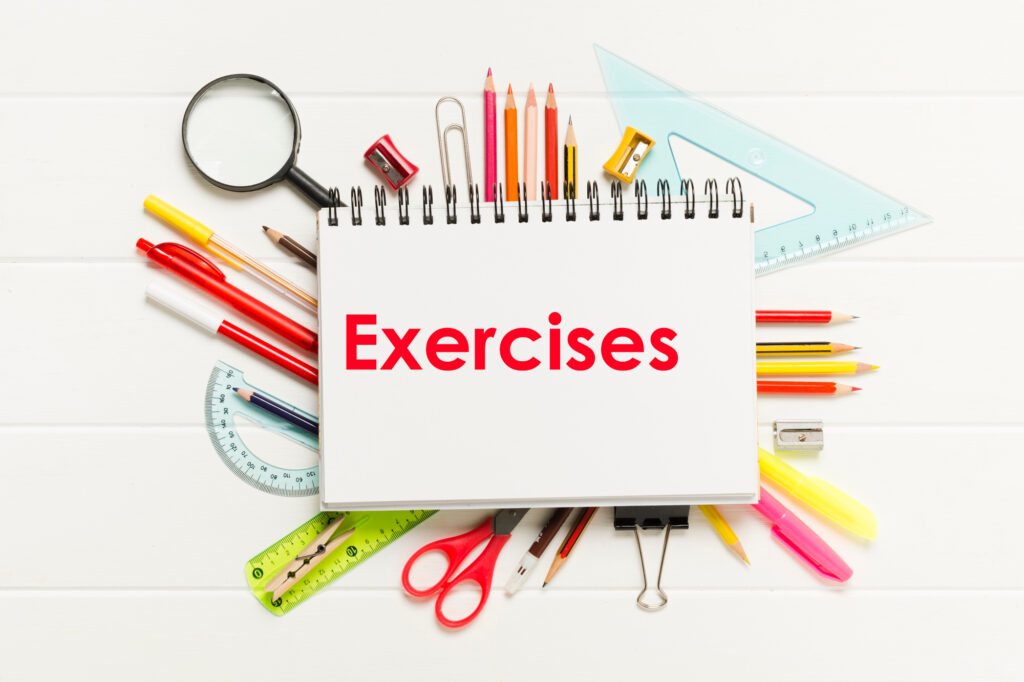
Exercises
A. Identify the noun type (Proper, Common, Abstract, Concrete, Collective, Countable, Uncountable):
- The team won the championship.
- She has great intelligence.
- Paris is a beautiful city.
- There is too much sugar in my tea.
- I have two apples in my bag.
B. Choose the correct possessive form:
- This is (John / John’s) book.
- The (dog / dog’s) tail is wagging.
- These are the (boys / boys’) bicycles.
- The (baby / baby’s) toy is missing.
- The (ladies / ladies’) handbags are on the table.
C. Fill in the blanks with the correct pronoun:
- (She/Her) loves painting.
- Give this gift to (they/them).
- I did it (myself/me).
- (This/These) is my favorite movie.
- The man (who/which) called is my uncle.
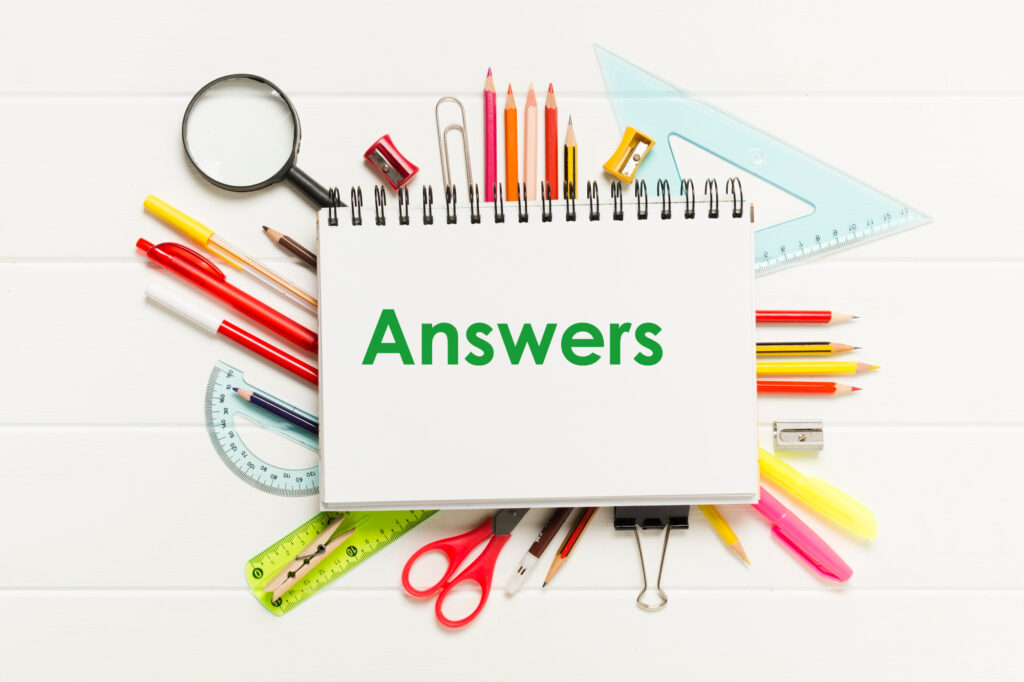
Answers
A. Identify the noun type:
- team – Collective noun
- intelligence – Abstract noun
- Paris – Proper noun
- sugar – Uncountable noun
- apples – Countable noun
B. Correct possessive form:
- This is John’s book.
- The dog’s tail is wagging.
- These are the boys’ bicycles.
- The baby’s toy is missing.
- The ladies’ handbags are on the table.
C. Fill in the blanks with the correct pronoun:
- She loves painting.
- Give this gift to them.
- I did it myself.
- This is my favorite movie.
- The man who called is my uncle.

